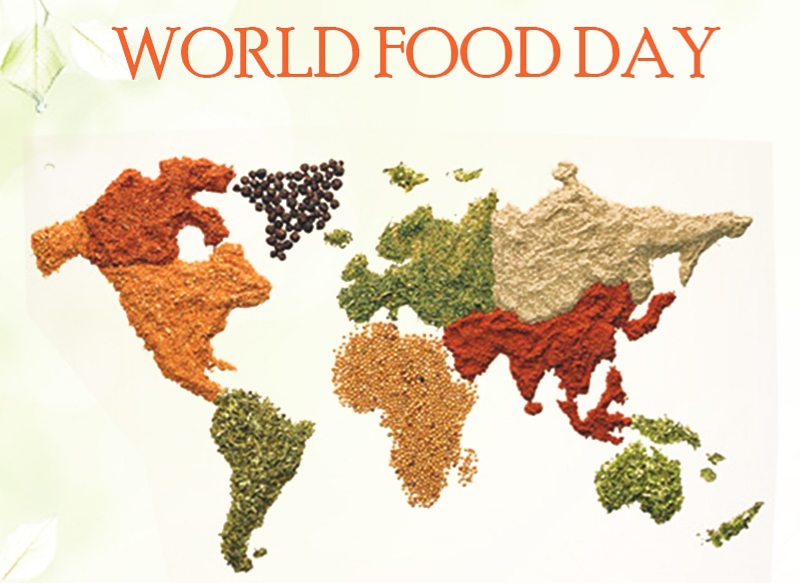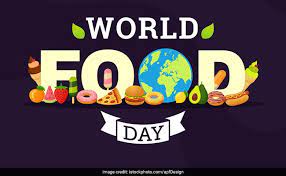
The world comes together with food, but not everyone has sufficient food on their plate. Let us provide support and nourishment to those in need. Join the fight against world hunger!
Introduction
World Food Day is observed every year on 16th October to celebrate the creation of the United Nations Food and Agriculture Organization (FAO) in 1945. The main aim of World Food Day is to aware people of others who cannot afford a healthy diet and remind people of the urgent need to address sustainable agriculture, food security, and hunger while protecting the environment. Starvation is a concerning issue in almost every country, in some form or the other and World Food Day helps in raising awareness about the problem. World Food Day encourages people around the world to work towards a future where no one goes to bed hungry by encouraging food security.
History of World Food Day
World Food Day was established in 1945, after the end of World War II, during the Great Depression. The day marks the establishment of the Food and Agriculture Organization (FAO). The vision of the organization was to eradicate hunger and promote food security globally, which could only be fulfilled by international cooperation to fight against food shortage and provide nutritious food to all. Food and Agriculture Organization had its first general assembly in Quebec, Canada marking the establishment of the organization.
The first World Food Day was observed on the 36th anniversary of the Food and Agriculture Organization, in 1981. Since then, the day has become a worldwide event observed by governments, international organizations, NGOs, and different communities all over the world. Every year, the organization adopts specific themes to address the challenges faced by the world and their impact on agriculture to achieve the goal of zero hunger by 2030.
Role of Individuals and Communities
World Food Day aims to educate people about world hunger and to build a world free from hunger and starvation. While governments and organizations play an important role in addressing the issue, we individuals can equally contribute to society through our little efforts to win the long-fought fight against hunger and salvation.
One of the most accessible and impactful ways individuals can contribute to this noble cause is by reducing food wastage. According to the Food Safety and Standards Authority of India (FSSAI), one-third of all the food in India is wasted or gets spoiled before it is eaten while almost 30% of food is lost or wasted on a global level. According to the UNEP Waste Index Report 2021, every Indian wastes around 50 kg of food every year. Keeping in mind our consumption habits, we can minimize food wastage.
Supporting local food can make a huge difference. By promoting purchases from local farmers and markets, individuals can support small-scale agriculture and reduce carbon emissions by long-distance transportation.
Conclusion
Many different organizations around the world celebrate the day. India has been a member of the United Nations Food and Agriculture Organization (FAO) since its inaugural in 1945 and has contributed to the organization’s objective over the years. India has contributed to the organization by providing technical assistance in various agricultural areas, including crop production, animal husbandry, and fisheries. India has successfully implemented food security programs, such as the Public Distribution System, with other countries and has often provided aid to countries in need by sending wheat, rice, pulses, cooking oil, etc. As we celebrate World Food Day, we must remember that a hunger-free world is possible but only the collaborative efforts of every human.
Would you like to explore more such informative articles and blogs? We provide a range of informative and interesting articles across different domains. Subscribe today to be part of our community!


